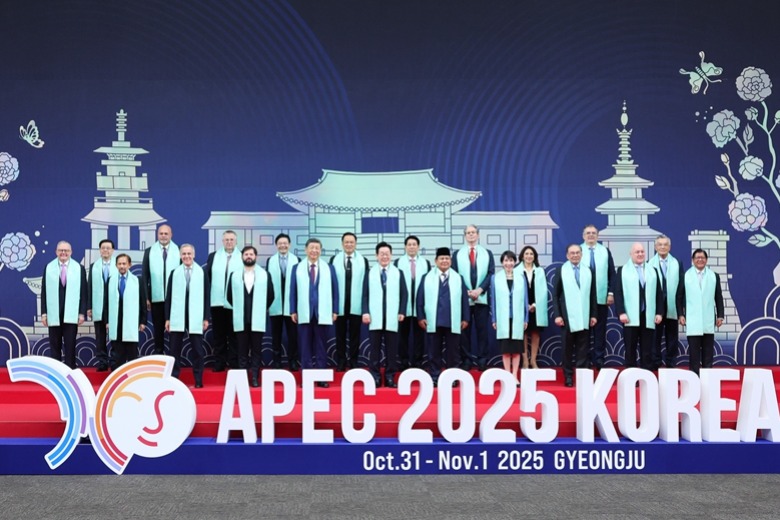A second, constructive life for greenhouse gas
Hong Kong's eco-bricks lay foundation for cleaner future


Market demands
Hong Kong needs to develop a robust carbon credit trading market, which would provide economic incentives for businesses to reduce emissions, Choy said. Such a market could play a pivotal role in helping the city achieve its carbon neutrality goals, he added.
Two of the city's deputies to the National People's Congress — Frank Chan Fan and Nicholas Chan Hiu-fung — tabled a joint motion on this regard when they were in Beijing in March for the two sessions.
Hong Kong's existing carbon credit trading platform is relatively small, offers limited trading products and suffers from insufficient liquidity, making it difficult to meet the market's demand for a large-scale, highly transparent, and regionally influential carbon credit trading platform.
Hong Kong's carbon market still primarily relies on international standards, lacking more authoritative and adaptable local or regional standards, the deputies argued.
Formulating a regional standard for carbon calculating and auditing, and dovetailing it with international standards is essential in promoting Hong Kong's carbon trading market, the deputies said.
HKEX launched Core Climate in October 2022, the only carbon marketplace that offers Hong Kong dollar and renminbi settlement for the trading of international voluntary carbon credits.
According to HKEX, the platform has over 80 participants and provides quality carbon credits from more than 50 internationally certified projects in Asia, South America and West Africa, covering forestry, solar, wind and biomass initiatives.
Chan said achieving carbon neutrality cannot be accomplished by just one or two entities — it requires collective action across society, supported by policies such as carbon credit taxes.
























